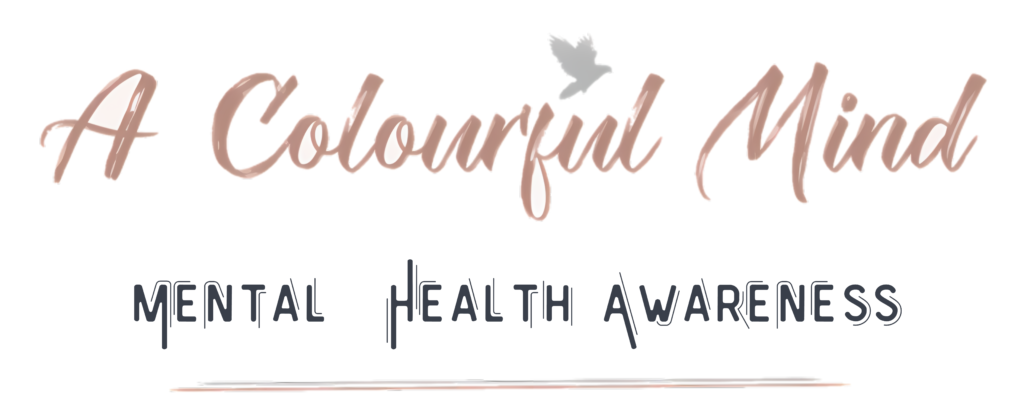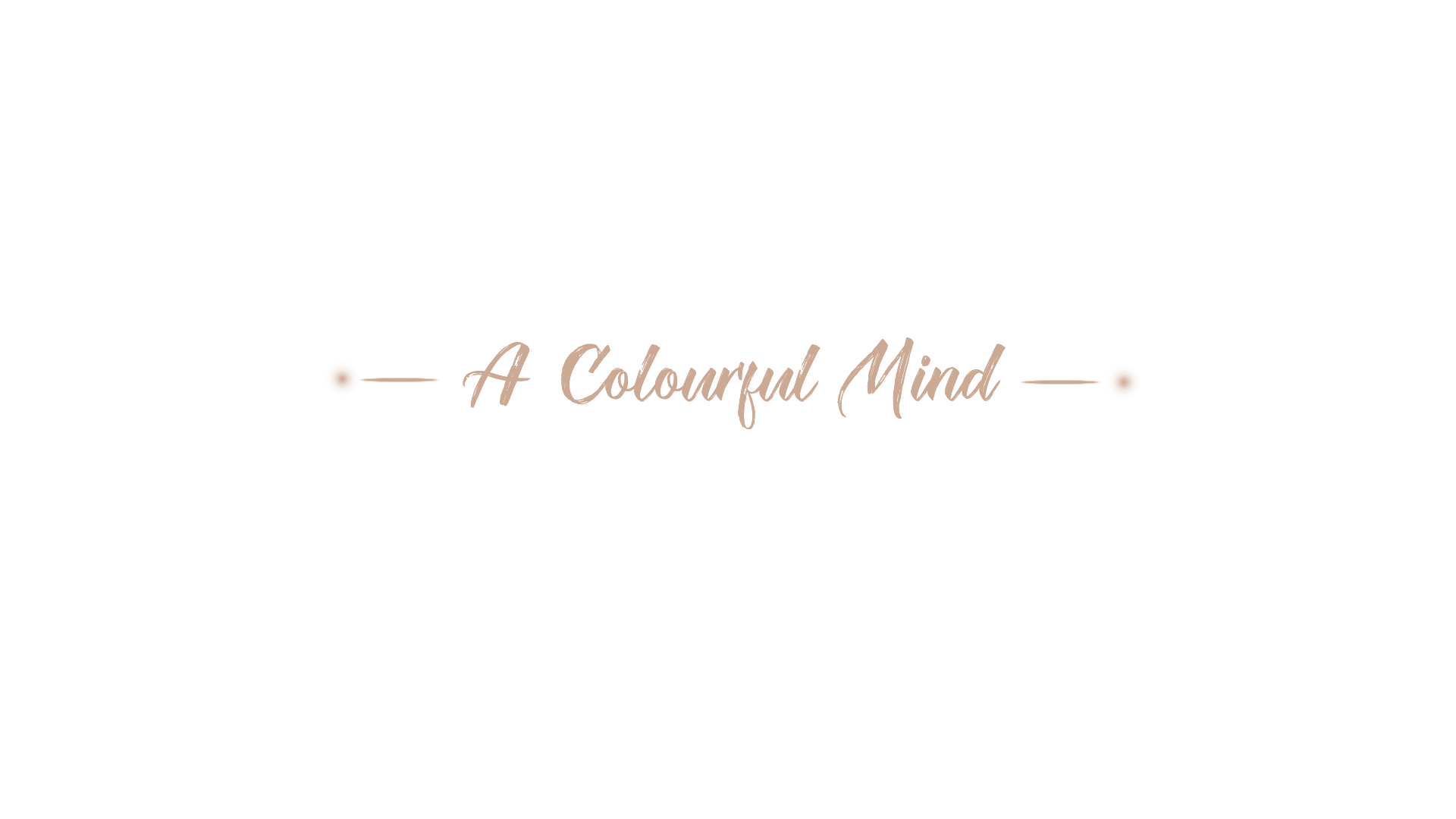Blog
Anxiety Management Techniques

Written by Sharon Makgare
Do you ever feel like you’re constantly on edge, worried about things that might (or might not) happen? That jittery feeling in your stomach, the racing heart, the struggle to relax – that’s anxiety. It’s a normal human emotion, but when it becomes overwhelming and interferes with daily life, it can be tough to cope, and anxiety management techniques may be useful.
The good news? You’re not alone. Anxiety disorders are some of the most common mental health conditions, affecting millions of people worldwide. But with a little understanding and some practical tools, you can learn to manage your anxiety and live a happier, calmer life.
What is anxiety and how can I manage it?
Think of anxiety as your body’s built-in alarm system. It’s supposed to warn you of danger and help you prepare for threats. But sometimes, this alarm system gets a little overzealous and starts firing off when there’s no real danger present. That’s when normal anxiety turns into an anxiety disorder.
What are the symptoms of anxiety?
Anxiety can manifest in both physical and emotional ways. Here are some common symptoms to watch out for:
Physical Symptoms:
- Racing heart,
- Sweating,
- Shortness of breath,
- Muscle tension,
- Headaches,
- Stomachaches,
- Fatigue,
- Trouble sleeping
Emotional Symptoms:
- Feeling restless or on edge,
- Excessive worry,
- Fear of the unknown,
- Difficulty concentrating,
- Irritability,
- Feeling overwhelmed.
What causes anxiety?
There isn’t one single cause of anxiety. It can be a combination of factors, including:
-
-
Genetics – If anxiety runs in your family, you might be more predisposed to it.
-
Brain Chemistry – Imbalanced levels of certain brain chemicals can contribute to anxiety.
-
-
- Life Events – Stressful life events, like job loss, relationship problems, or illness, can trigger anxiety.
-
- Medical Conditions – Some medical conditions can cause or worsen anxiety symptoms.
-
- Substance Abuse – Drugs and alcohol can also contribute to anxiety.
ANXIETY MANAGEMENT TECHNIQUES TO CONSIDER
The good news is that there are effective treatments available for anxiety. Here are a few approaches to consider:
-
- Therapy – Cognitive-behavioral therapy (CBT) is a particularly effective form of therapy for anxiety. It can help you identify and challenge negative thought patterns that contribute to anxiety to aid in your coping mechanisms.
-
- Medication – Anti-anxiety medications can be helpful in managing symptoms, especially in more severe cases. Talk to your doctor about what might be right for you.
-
- Lifestyle Changes – Making healthy lifestyle choices like getting regular exercise, eating a balanced diet, and getting enough sleep can all contribute to reducing anxiety.
-
- Relaxation Techniques – Learning relaxation techniques like deep breathing, meditation, or mindfulness can help you calm your mind and body in the moment.
Remember, you’re not alone. You’ve totally got this!
Contacts To Keep Aware Of In Crisis
- 082 911
- South African Depression and Anxiety Group: 0800 708 090
- Suicide Crisis Line: 0800 567 567 or SMS 31393
- LifeLine South Africa: 0860 322 322/011 728 1347
- ChildLine South Africa: 0800 055 555
“Smile, breathe, and go slowly.”
— Thich Nhat Hanh

